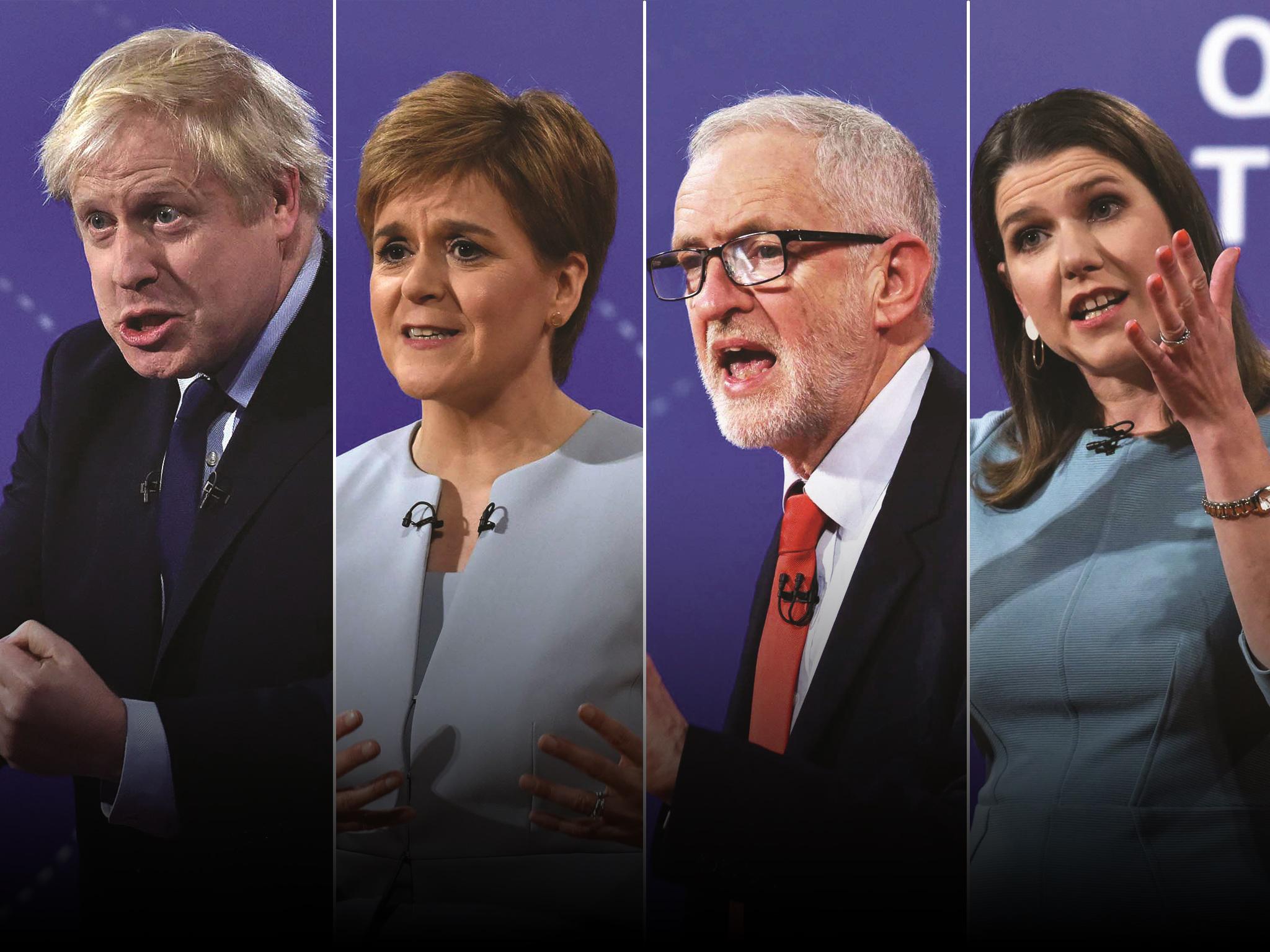TV debates and polls can reveal a lot – but don't rely on them for accurate election result predictions
Votes are won not only by the ‘air war’ of ads, interviews and broadcasts, but also by the ‘ground war’ of activists knocking on doors and having conversations with individuals


In the fog of a general election, it is tempting for political reporters to grasp hold of TV debates and polls as a guide to how the campaign is going.
All Westminster was agog on Wednesday for the results of the massive MRP poll which pointed to a comfortable 68-seat majority for Boris Johnson.
And lobby hacks in their dozens flocked to Salford and Sheffield to be in the spin room for showdowns on ITV and the BBC last week.
These set-pieces provide easy handles to help decide who’s up and who’s down and which way the campaign is heading.
And with leaders increasingly keeping to carefully choreographed photo opportunities, the TV clashes often produce the most memorable moments of the campaign.
But they come with a risk in terms of understanding what is really going on.
Polls give a pleasingly ordered picture of the electoral battle, with parties trending up or down and occasional "slumps" or "surges" that can be attributed to particular events.
The TV shows provide “killer moments” – quips, gaffes or mishaps – which dominate debate for days. Tellingly, as politicians have become more used to the format, the talking points are increasingly provided by the audience – think of the laughter at Johnson’s comments about the importance of trust in politics.
Unfortunately, it’s far from clear that any of this gives a genuine insight into the state of the battle on the ground.
No matter how sophisticated, polls have repeatedly been shown as an unreliable guide to the final result. Scarcely any predicted Tory victory in 2015 or a hung parliament in 2017.
In 2010, the campaign was dominated by chat over a Labour-SNP coalition which never came to pass.
Equally, the first TV debates in 2010 triggered a period of “Cleggmania” that briefly had Liberal Democrats soaring in the polls, but had no noticeable impact on the final result.
The truth of the matter is that elections are decided not only by the “air war” of ads and interviews and broadcasts which are visible to the media, but also by the “ground war” of activists knocking on doors and having conversations with individual voters whose views don’t fit into the neat packages required by opinion polls.
These interactions are far more difficult for the media to gauge, and they mean that any confident predictions based on polling and TV are always in danger of looking foolish when they collide with the reality of votes being counted.
Yours,
Andrew Woodcock
Political editor
Join our commenting forum
Join thought-provoking conversations, follow other Independent readers and see their replies
Comments